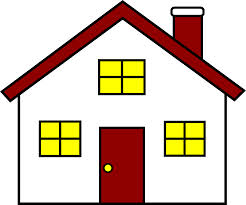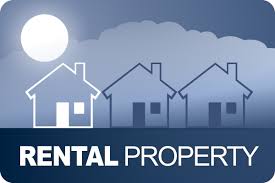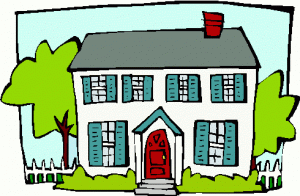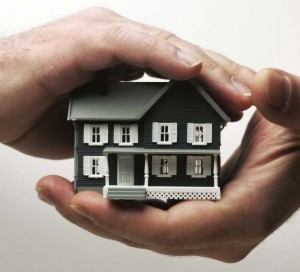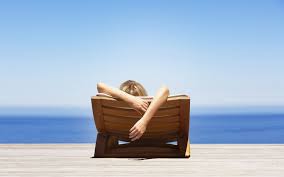
Hi There,
A lot of people want to make BIG money from investing in real estate.
I recently received a question from a young, aspiring real estate investor. In his email, the young man asked me for advice on how to get started as a new real estate investor.
I am going to share the email that he sent me along with my response to his email. The answer that I provide to his email will be very helpful to those of you who are interested in buying your first rental property.
Here is the email that he sent me:
Neil,
I am 24 years old and want to own real estate to make some income on the side while still working at my current 9-5 job. I have zero debt and a lot of motivation and time. I really want to get my feet wet in real estate rental property, but how big should I go? I don’t want to bite off too much I can’t chew. Can you provide some advice on what a good starting point is for a beginner just looking to get into this and make some income on the side? Should I start small or go massive?
Thanks! Cheers!
KW
KW’s first question in his email was…
“I really want to get my feet wet in real estate rental property, but how big should I go? “
This question reminds me of advice that I received one day from an extremely successful, veteran real estate investor. He told me that real estate investing was similar to baseball. In that, when you are up to bat, your objective as a new real estate investor is to not make any mistakes and to bat 1.000. (A “1.000” batting average in baseball is a “perfect record”)
In the game of baseball, when a batter comes up to bat, his offensive production at the plate is measured primarily by his batting average. All things being equal, a player with a higher batting average, is getting more hits, and making fewer ‘mistakes’, by recording fewer ‘outs’.
His advice to me on investing in real estate was simply, “Don’t make any mistakes at the beginning. Make sure that you are always batting 1.000.
My advice to KW would be the same here. KW, don’t go “too big”, and don’t bite off more than you can chew. Stay “small”, so that you can manage properly the rental property that you purchase.
KW’s second question was:
“Can you provide some advice on what a good starting point is for a beginner just looking to get into this and make some income on the side?”
My advice to KW would be to start by buying a small single family home. It can be a detached home, condominium, or semi-detached home. Any one of those property types would work. The key thing here is that there has to be only “one” family or “one” tenant living in the property.
The reason I recommend this is because I want KW to gain some experience in managing the rental property first himself. I want him to learn the ins and outs of managing a tenant, before, he has multiple tenants.
I want him to become a good landlord first before he takes on more than he can handle.
KW’s third question is:
“Should I start small or go massive?”
My advice to KW is to “start small”.
When I mean “start small”, I mean….”Learn what you are doing”.
By starting small, you could buy one rental property in your first year as a landlord, and then perhaps another property in your second year, and then a third property in your third year, and so on…
What I would advise KW not to do is to buy several properties at once and begin managing them right away.
KW and any new real estate investor buying their first or
buying their second rental property need to learn the basics of owing a rental property first and learn the basics of how to be a landlord first.
If KW or any other new real estate investor buys too many properties at once, then could quickly become overwhelmed with the new job of being a landlord, and potentially loose money in the process.
So there you have it.
My advice for KW and for the new real estate investors just starting out is to:
- Start small first
- Don’t take on more than you can handle
- Learn to become a good landlord first
When you are comfortable with what you are doing, move on and buy your second rental property.
Happy Investing!
-Neil




